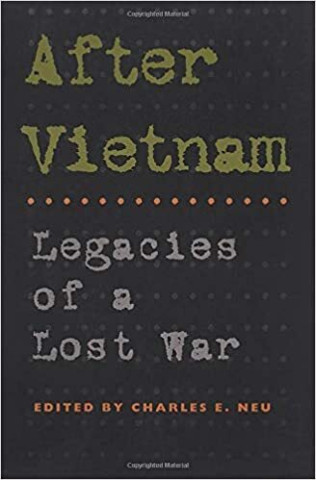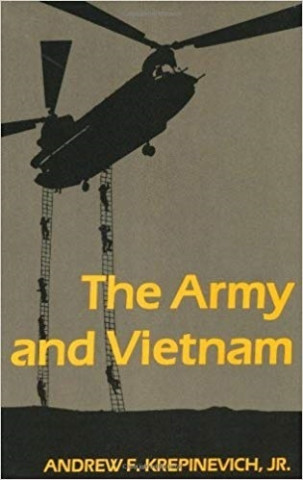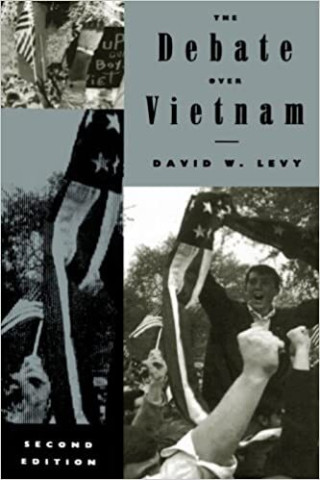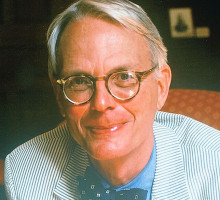
Reviews
At the best, After Vietnam succeeds in its efforts to transform and deepen scholarly analysis of the war's legacies in both Vietnam and the United States.
It is possible the new war to which President Bush has committed the country will obscure the continuing importance of the legacies addressed in the five essays collected in After Vietnam. Yet it is already clear that the shape of the 'war against terrorism' and the popular response to it owe much to the way the Vietnam War is remembered and forgotten.
Thought-provoking.
Together, the essays form a compact look at the fallout from the Vietnam War, one that is suggestive enough, moreover, to lead readers to pursue the questions amply referenced in the notes. One could hardly ask for more.
The book provides intelligent and insightful analysis of the Vietnam War's connection to the present and future. The contributors draw together and interpret some of the best of the huge outpouring of scholarship on the war and add interpretations from their own research.
Book Details
Foreword
Introduction
Chapter 1. The Vietnam War and the Transformation of America
Chapter 2. From Metaphor to Quagmire: The Domestic Legacy of the Vietnam War
Chapter 3. Preparing Not to Refight the Last
Foreword
Introduction
Chapter 1. The Vietnam War and the Transformation of America
Chapter 2. From Metaphor to Quagmire: The Domestic Legacy of the Vietnam War
Chapter 3. Preparing Not to Refight the Last War: TheImpact of the Vietnam War on the U.S. Military
Chapter 4. Revolutionary Heroism and Politics in Postwar Vietnam
Chapter 5. Reflections on War in the Twenty-first Century
Notes
Contributors
Index






